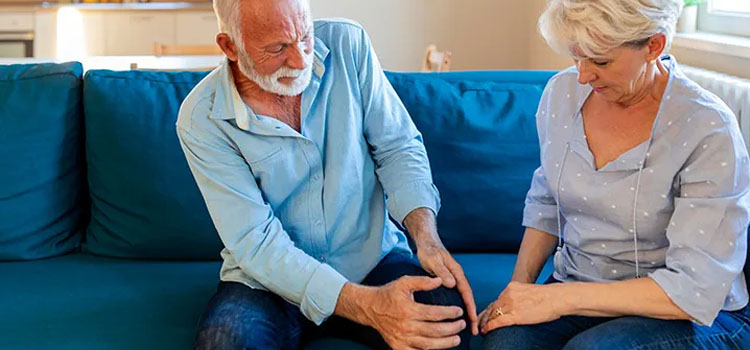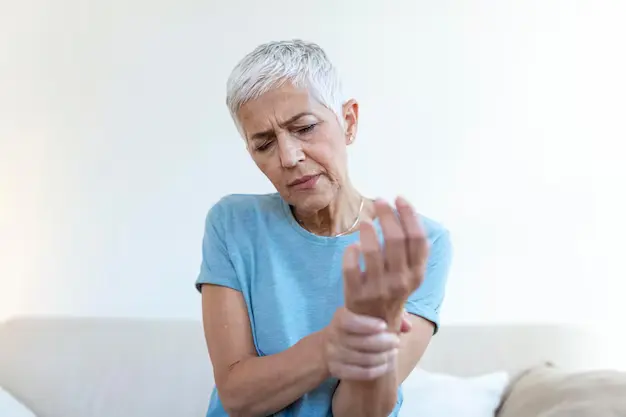
Hip & Knee Care
Empowering Mobility: Pain Relief and Regenerative Solutions
Welcome to HipKneeCare.co.uk! We aim to provide you comprehensive and compassionate orthopaedic care for your hip and knee conditions. Whether you are seeking expert advice, advanced treatments, or reliable information on new therapeutic options for your musculoskeletal conditions, we are here to support you every step of the way.
Our team of highly skilled orthopedic specialists are dedicated to providing personalized solutions tailored to your unique needs, ensuring you regain mobility, alleviate pain, and improve your overall quality of life. Explore our range of services and patient resources to embark on your journey towards a pain-free and active lifestyle. Trust in HipKneeCare.co.uk for unrivaled expertise in hip and knee care, because your well-being is our priority.
If you would rather consider a nonsurgical regenerative treatment option, please visit our regenerative / stem cell treatment site : jointbiologics.co.uk
See our locations
The Cherwell Hospital
Oxford Road, Banbury, Banbury, Oxfordshire, OX16 9FG.
The New Hall Hospital
Bodenham, Salisbury, Wiltshire, SP5 4EY
Healthshare Clinic Winchester
Chilcomb Lane, Winchester, Hampshire, SO21 1HU
Fitzrovia Hospital
13-14 Fitzroy Square, London W1T 6AH.
Meet the consultants
Our surgeons are highly experienced in their respective fields and have their practice audited by the National Joint Registry (NJR).
Click HereMake an appointment
Use our friendly online portal, send query by email or phone us
Book Appointment

